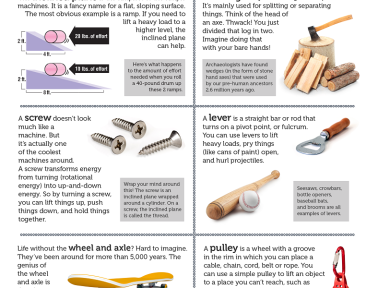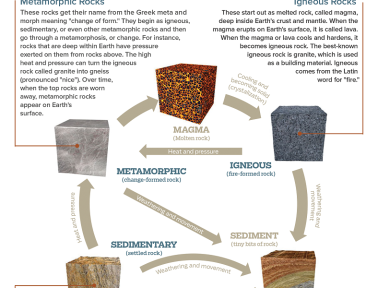The following is a repost from July of last year. Also, don’t forget to enter the Literacy Beginnings giveaway. Entries end Tuesday at 11:59pm MST.
Have you ever overheard someone talking to an infant, and they use that high, sing-songy voice? That’s called “parentese” and it’s been shown in research to support language development in infants.
Now, have you ever heard someone use that same voice and watered-down words with a preschooler? That’s called patronizing, and it shows a gross underestimation of a child’s capacity for vocabulary building.
A child between the ages of 2 and 6 has the ability to learn between 6 and 10 words per day(1). That’s up to 70 words a week! But there’s no way a child can reach those kinds of numbers if she isn’t exposed to language in meaningful, interactive ways.
Quality Conversations
The discrepancy of the use of language in homes across social class is an interesting thing to consider. On average, a child in a welfare class family hears 616 words in an average hour, while a child in a professional class family hears 2,153 words (2)! While there are many differences in typical outcomes for child development across social classes, it is interesting to note that these differences are not necessarily a direct result of income, but of the experiences the children have.
If we truly respect the child’s amazing ability to rapidly build vocabulary, we will take advantage of the opportunity to engage them in quality conversations and expose them to new words. Here are a few ways to do just that:
Don’t shy away from the big words. It is very common for adults to simplify their language when talking to young children. Instead of referring to the veterinarian, we talk about the “animal doctor”. While a sentence full of new words would be a bit overwhelming for anyone, throwing in a new word now and then is a great opportunity to build vocabulary! If we are referring to the veterinarian, we should use that word, offering “animal doctor” as an explanation, and then referring to “veterinarian” a few more times in the conversation. If you’re explaining what something is, you might as well use the right word the first time. Children may not always pick up on those big words, but they certainly won’t if they don’t ever hear them. There isn’t much opportunity for growth if we’re always using words they already know. So go ahead, use words like “identical” instead of “same” and “metamorphosis” instead of “change”. You’ll be surprised at what your children will pick up on when you give them the chance!
Talk with them, not at them.Include children in the conversation by asking them open-ended questions. Ask them to tell you about the best part of their day. Have them tell you all about the structure they’re building out of legos. Ask them about what they think will happen next in the story you’re reading. Study after study bears out the fact that children learn more when they are engaged in conversation with adults and competent peers as opposed to passively hearing information.
READ. First graders who have been read to regularly have an average working vocabulary of 40,000 words while those who are rarely read to have a working vocabulary of just 10,ooo words. The difference comes from the number of words they have heard in a positive, engaging experience. Strive for that 20 minutes a day of reading aloud and talk with your children about what you’re reading. Use extension activities to give you the opportunity to refer back to those new words they were exposed to in the reading.
Talk About Success
When children have a larger vocabulary, they have a distinct advantage in the learning process in general. Think about it. Would you prefer to take a science class in a foreign language or the one you are familiar with? Children with a small vocabulary are essentially hearing a foreign language at school. The brain power needed to understand new concepts is diverted to simply try to understand the words being spoken. The more words a child has at his disposal, the more he is going to understand and the more he is going to verbally participate in the learning process.
In many studies vocabulary is a valuable predictor of academic success, but what predicts vocabulary? Conversations with adults. Children scoring higher on language measures have consistently had more quality conversations with their parents and caregivers.
So start today, and speak up with your little ones!
For more information:
1 Conversations in Childcare – California Childcare Health Program
2 Vocabulary – Concepts and Research – University of Oregon
Top photo by glendali.
Center photo by bjearwicke.
<!–
–>










